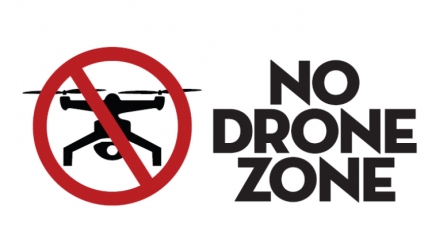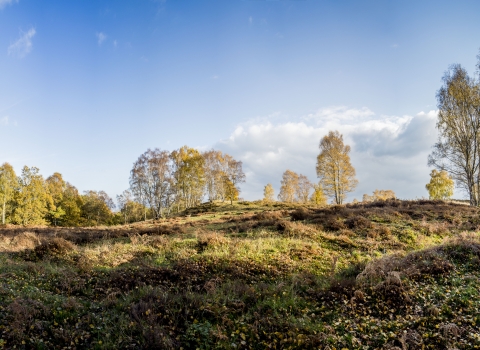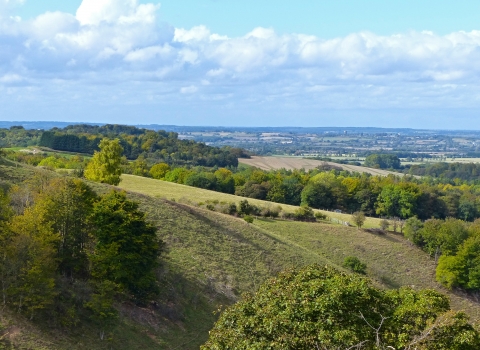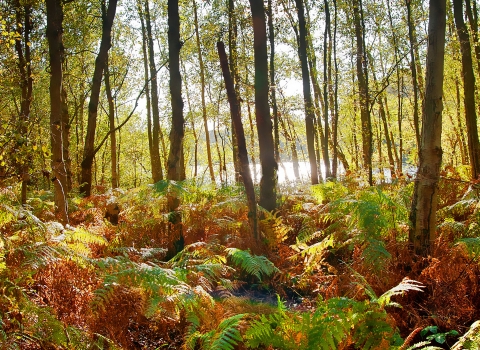Nature reserves are refuges for wildlife
We look after more than 100 nature reserves across Bedfordshire, Cambridgeshire and Northamptonshire. A vast array of wildlife thrives in these vital refuges due to the unique habitat they offer and our management work to keep the conditions right.
We love nature and we want others to love it too.
We offer free public entry to most of our reserves (unless it is unsafe to do so, or if there is a risk of irreversible damage to wildlife). We just ask all visitors to follow our reserve access guidelines.
Have Fun, Stay Safe and Respect the Wildlife (https://youtu.be/K_VJY5_xdm8)
Credit: Naturetastic
No drone zone

Click to find out why we don't allow drones
For the safety and enjoyment of other visitors, and to protect wildlife from disturbance, please do not fly unmanned aerial vehicles (drones) or other remote-control flying devices in our nature reserves without permission.
The use of drones is overseen by the Civil Aviation Authority and is an area where regulation is currently developing. Drones require permission and licensing to operate, and operators must have sufficient training and insurance to use them safely and responsibly.
Our reserves are important areas for wildlife and many of them are used for breeding. These sites are sensitive to disturbance; for instance, birds may feel threatened by drones and abandon their nests.
We do obtain drone footage of our reserves to assist our conservation work, but it is done by our own licensed operator, or with our permission if we are confident the operator is licensed and insured and that wildlife will not be injured or disturbed. If you have any questions about drones on our nature reserves please contact communicationsteam@wildlifebcn.org.
You can help
You can help us continue to care for our nature reserves as a volunteer or as a member of the Trust. We rely on volunteers to help with a lot of the vital management work needed – we could not achieve success for local wildlife without the massive contribution that volunteers make. If you're interested in giving some time to help wildlife find out more on our volunteering pages.
You can also help our nature reserves to survive and grow by becoming a member or making a donation to our Wilder Future Fund.
Help achieve a Wilder Future for our reserves
Find a reserve near you
Use our Reserve Search to filter and search for any Wildlife Trust nature reserve across the UK.



